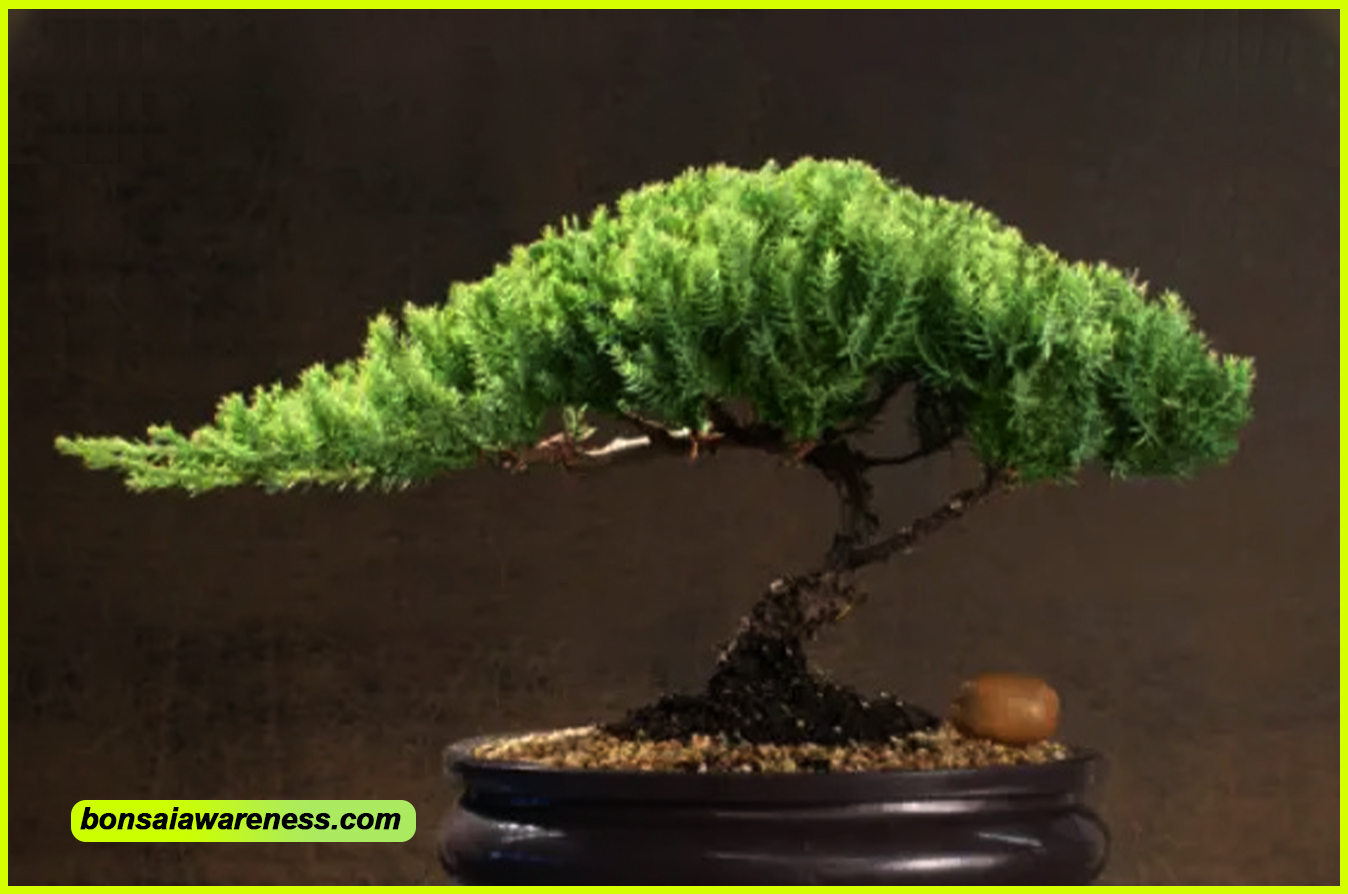Bonsai trees need 4-6 hours of direct sunlight daily. Bonsai trees require a specific amount of sunlight to thrive.
Providing bonsai trees with the right amount of sunlight is crucial for their growth and overall health. Bonsai trees need approximately 4-6 hours of direct sunlight every day. Sunlight is essential for photosynthesis, the process through which plants convert light energy into food.
Without sufficient sunlight exposure, bonsai trees may become weak, have stunted growth, or lose their vibrant color. It is important to place bonsai trees in an area where they can receive the right amount of sunlight, either by placing them near a window that receives ample sunlight or by using artificial grow lights to supplement their light requirements. Understanding the sunlight needs of bonsai trees is key to maintaining their well-being and ensuring their longevity.
Understanding Bonsai Sunlight Needs
Bonsai trees are a beautiful and unique form of art and require proper sunlight to thrive. The amount of sun that bonsai trees need varies based on the type of tree.
1. Deciduous Bonsai Trees: Most deciduous bonsai trees require full sun to promote healthy growth and vibrant foliage. They should be placed in an area that receives at least 6 hours of direct sunlight per day.
2. Coniferous Bonsai Trees: Coniferous bonsai trees, such as pine or juniper, prefer partial shade to full sun. They can tolerate more shade than deciduous varieties but still need a few hours of direct sunlight daily.
3. Tropical Bonsai Trees: Tropical bonsai trees, like ficus or jade, thrive in bright indirect light. They should be placed near a window that receives bright light throughout the day, but avoid exposing them to direct sunlight for long periods.
4. Indoor Bonsai Trees: Some bonsai trees are suitable for indoor cultivation, such as the Chinese elm or Japanese maple. These trees require bright, indirect light, away from drafty windows or heating vents.
Proper sunlight is essential for the growth and overall health of bonsai trees. Understanding the specific sunlight requirements for your bonsai tree type will help ensure its long-term success.
The Importance Of Sunlight For Bonsai Trees
Bonsai trees require an adequate amount of sunlight to thrive and grow properly. Sunlight is crucial for photosynthesis, the process through which plants convert light into energy. Photosynthesis is essential for the growth and development of the bonsai tree. It provides the tree with the necessary nutrients it needs to stay healthy and vibrant.
Insufficient sunlight can have detrimental effects on bonsai trees. Lack of sunlight can lead to stunted growth, weak branches, and pale leaves. Without adequate sunlight, the tree may struggle to produce enough energy for essential functions, making it susceptible to diseases and pests. Bonsai trees require direct or indirect sunlight for a specific number of hours each day, depending on the species.
It is important to find the right balance of sunlight for your bonsai tree. Some species may tolerate more shade, while others require more direct sunlight. Observation and experimentation can help you determine the optimal amount of sunlight for your bonsai tree’s health and growth. Providing the right amount of sunlight is a key factor in nurturing a thriving and beautiful bonsai tree.
Finding The Right Sunlight Balance
Bonsai trees require adequate sunlight for proper growth. Determining the ideal sunlight levels is crucial for their health. Adjusting the sunlight exposure based on the bonsai tree’s specific needs is essential. Direct sunlight can be too intense for some bonsai varieties. On the other hand, insufficient sunlight can lead to weak growth. For outdoor bonsai trees, it is important to find the right balance of sunlight and shade. Observing the tree’s response to sunlight is the key to identifying the perfect location. Indoor bonsai trees may need to be placed near a south-facing window to receive sufficient sunlight. Ensuring the appropriate sunlight levels will promote the overall well-being of bonsai trees.
Protecting Bonsai Trees From Harsh Sunlight
When it comes to caring for bonsai trees, protecting them from harsh sunlight is crucial. Bonsai trees need sunlight to thrive, but excessive exposure to intense sunlight can harm them. Using shade and protection techniques can help prevent damage to the delicate foliage and maintain the health of bonsai trees.
One way to protect bonsai trees from harsh sunlight is by providing shade. Placing the bonsai in a shaded area or using a shade cloth can help filter the intensity of the sunlight. This will ensure that the bonsai receives sufficient light without being exposed to the full strength of the sun.
Another method to shield bonsai trees from excessive sunlight is by creating a protective barrier. This can be achieved by using a UV-resistant cover or building a small structure to provide shade. The cover or structure can be used during the hottest times of the day to shield the bonsai from intense sunlight.
Monitoring the intensity of sunlight is also important when caring for bonsai trees. Understanding the specific sunlight requirements for different species of bonsai trees will help in determining the appropriate amount of shade or protection needed. Using a light meter or observing the behavior of the bonsai can provide valuable insights into its sunlight needs.
Enhancing Bonsai Growth With Proper Sunlight
Bonsai trees require an adequate amount of sunlight to thrive and grow. Providing the right amount of sun exposure is crucial for their overall health and development. To enhance the growth of your bonsai tree, it is important to ensure that it receives proper sunlight. Here are some tips to create optimal sunlight conditions:
- Place your bonsai tree in a location that receives at least 4-6 hours of direct sunlight each day.
- If direct sunlight is limited, consider opting for artificial grow lights to supplement the sunlight requirements.
- Rotate your bonsai tree regularly to ensure even exposure to sunlight on all sides.
- Monitor the intensity of sunlight. Too much direct sunlight can cause leaf burn, while too little sunlight can result in weak growth.
- Utilize shade cloth or curtains to protect your bonsai from excessive heat during the hottest part of the day.
By following these tips, you can maximize the benefits of sunlight for your bonsai tree, promoting healthy growth and helping it thrive for years to come.
Frequently Asked Questions On How Much Sun Do Bonsai Trees Need
Can Bonsai Trees Survive Without Sunlight?
Yes, bonsai trees can survive without direct sunlight, but they still need some light to thrive. Place them near an east or west-facing window for indirect sunlight. Artificial grow lights can also help provide the necessary light for their growth.
Can Bonsai Trees Get Too Much Sun?
Yes, bonsai trees can get too much sun. Excessive sunlight can lead to leaf burn and dehydration. It is recommended to provide partial shade for bonsai trees to protect them from the direct heat of the sun.
How Often Do You Water A Bonsai Tree?
Water your bonsai tree once or twice a week, or when the topsoil feels dry to the touch. Adjust frequency based on variables like climate, pot size, and tree species. Overwatering can suffocate the roots, while underwatering can lead to dryness.
Monitor soil moisture levels regularly.
What Bonsai Grows Well In Shade?
Bonsai trees like the Japanese maple, Ficus, and Azalea thrive in shaded areas. These species tolerate low light conditions and are suitable for indoor living.
Conclusion
Understanding the sun needs of bonsai trees is crucial for their health and growth. By providing adequate sunlight, you can ensure the vitality and beauty of your bonsai. Remember to consider the specific species and environmental conditions to provide the appropriate amount of sun for your bonsai trees.
With proper care, your bonsai will thrive and bring joy for years to come.


Leave a Reply